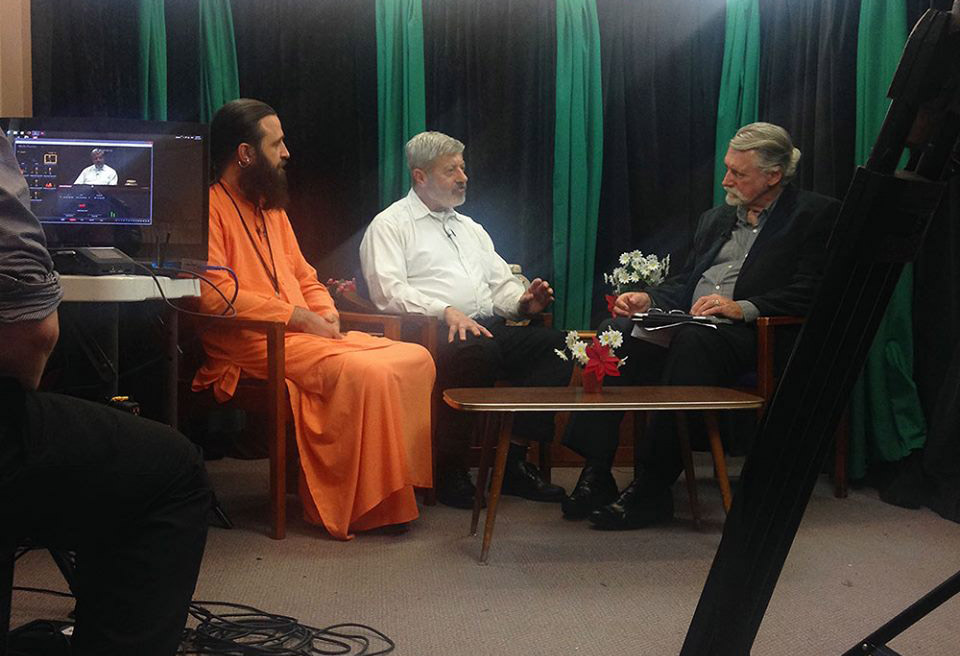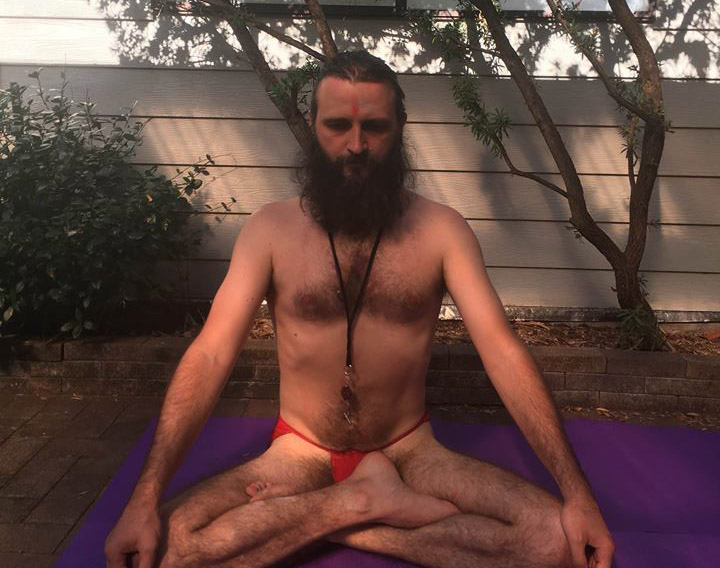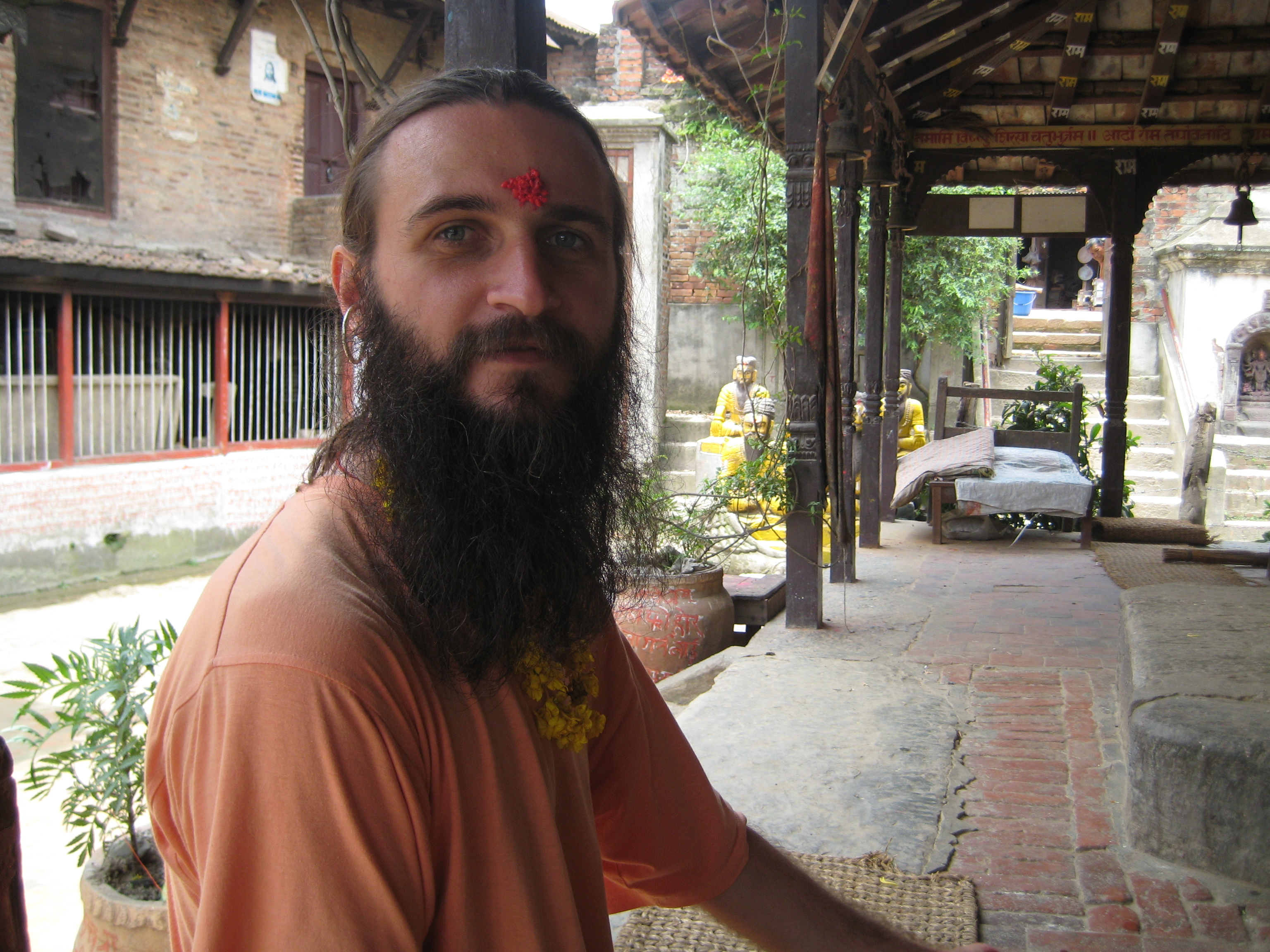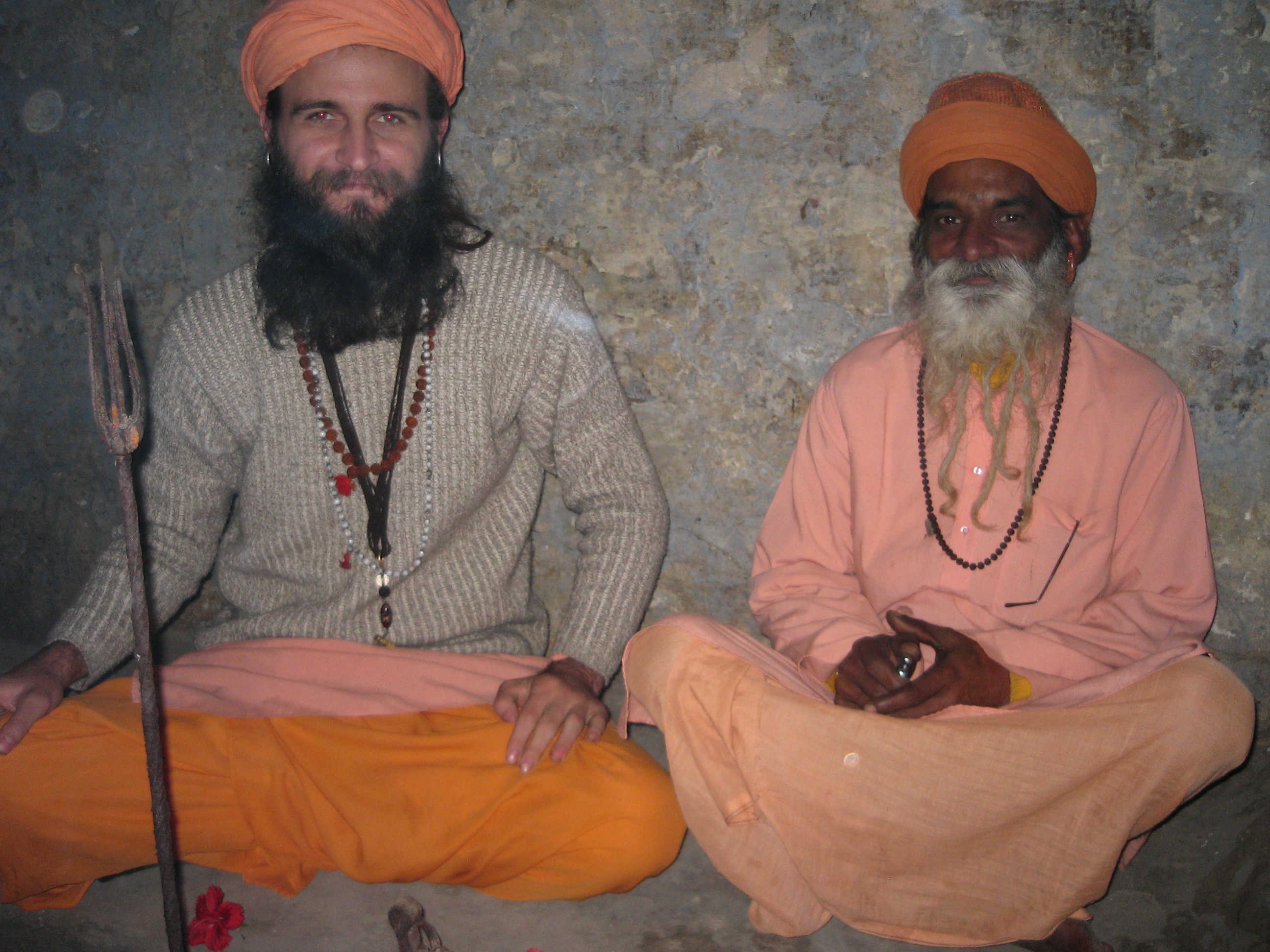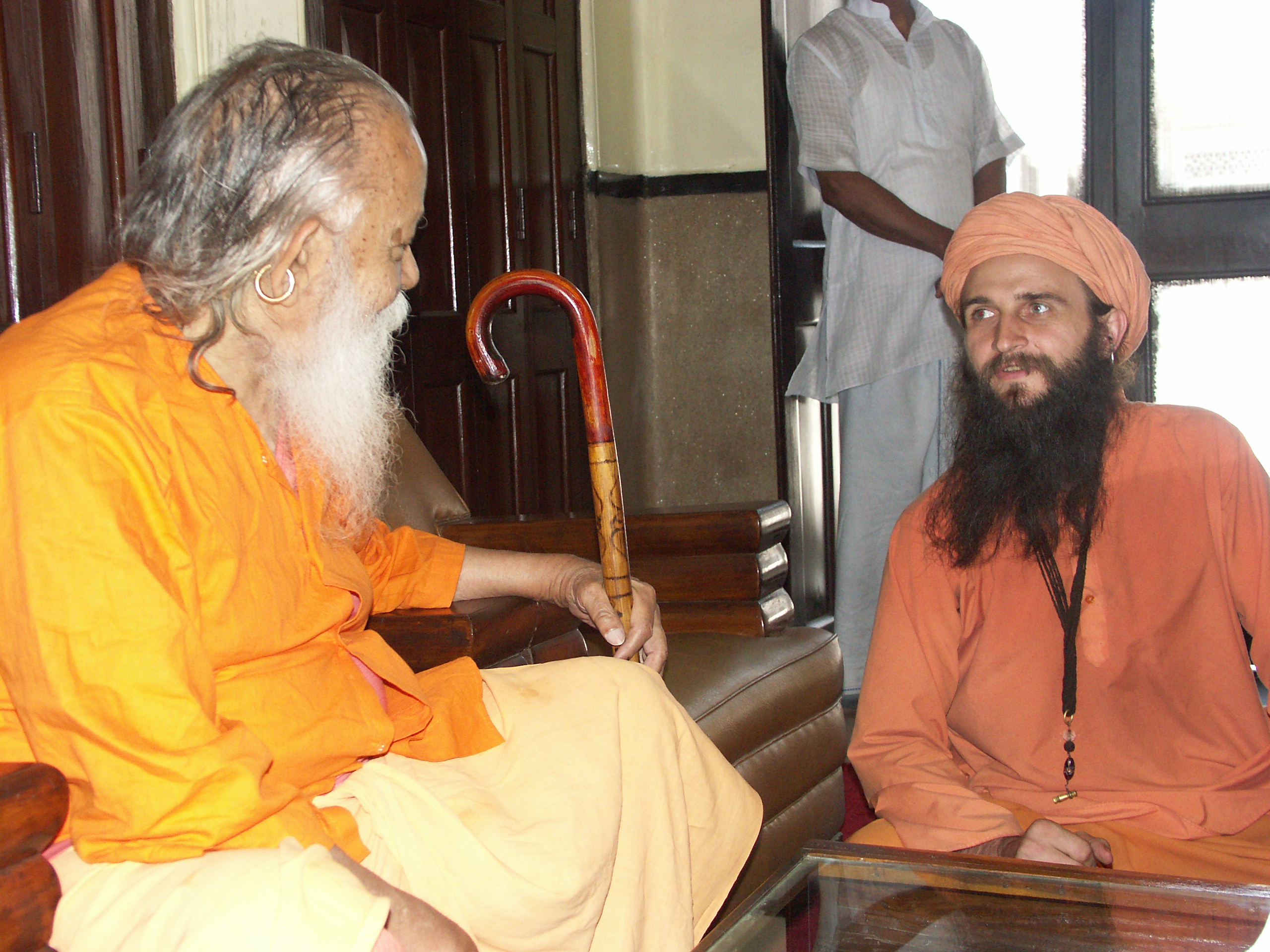Gorakshanathji ko Adesh!
An interesting description of the immortal state in the body we can find in the ‘Gorakh-Sabadi’. I would like to mention that ‘Gorakh-Bani’ and ‘Gorakh-Sabadi’ are two texts written by Gorakshanath that were translated into English by Shukadev Singh and Gordan Djurdjevic. Apparently, some of the sentences are missed in their translation, due to the fact that the original text they used is not preserved completely. I have this text, so I am giving the missing sentences. Also, let me give a few explanations in connection with features and versatility of the language (sadhikari or khicari) in which the text is written.
हिन्दू ध्यावे देहुरा मुसल्मान मस्सीद। जोगी ध्यावे परम पद जहां देहुरा ना मस्सीद॥ ६८॥
hindū dhyāve dehurā musalmān massīd |
jogī dhyāve param pad jahāṁ dehurā nā massīd ||68||
A Hindu performs dhyana in the temple (or his body), a Muslim performs in the mosque (masjit.) Yogi (Jogi) performs dhyana in the supreme dwelling (Paramapada).
There is nor temple, niether mosque inside the body-temple [68]
The word ‘dehurā’ is used twice, that under detailed consideration may have two meanings. The first is ‘a temple’ and the second is ‘a body’. Probably, it means our body as a temple for the individual soul (Atma), as well as the universe body (Brahmanda), which is a temple to the omnipresent Soul (Paramatma or God). In the first part of ‘Siddha Siddhanta Paddhati’ it is described as Parapinda (macrocosm) and Vyashtipinda (microcosm), they are united, but conditionally separated.
हिन्दू आखे अलख् को तहां राम अछै न खुदाई॥६९॥
hindū ākhe alakh ko tahāṁ rām achai na khudāī || 69 ||
A Hindu considers unknown, unspecified (Alakh). There is no Rama and Khudai (who is belonging to God, i.e. conceptual, manifest and visible). [69]
The term ‘Alakh’ cames from ‘A-lakshya’, ‘laksh’ – ‘target sign, symbol,’ and so this way. ‘Alakh’ means – that is no designated by anything, beyond all our dreams, beyond all definitions. Rama is avatar of Lord Vishnu and Khudai means what belongs to God or indicates God.
पिण्डे हो तो मरे न काई ब्रह्माण्ड देखी सब लोई।
पिण्ड ब्रह्माण्ड निरन्तर बास भणत गोरख मत्स्येन्द्र दास॥ ७०॥
piṇḍe hoī to mare na kāī brahmāṇḍ dekhī sab loī |
piṇḍ brahmāṇḍ nirantar bās bhaṇat gorakh matsyendr dās || 70 ||
If the One is inside the body, then (at that time), nobody (koi) dies. If the One is in brahmanda, so all people able to see Him. The One constantly dwells in the body and brahmanda. Thus Goraksha speaks, the Matsyendra’s servant. [70]
In this case we are talking about Alakh Niranjan dwelling in the human body and the Universe.

